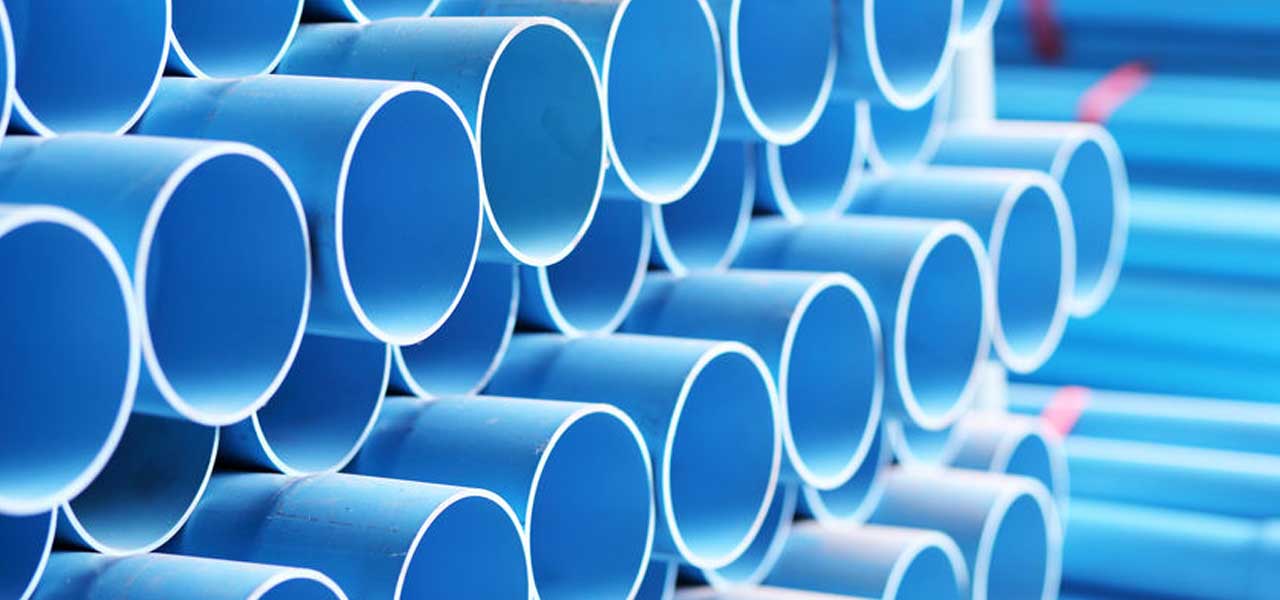Worrying about some domestic disasters is enough to keep some homeowners awake all night. Tree limbs can crash down onto your roof, your new in-ground swimming pool could develop a leak, or your water heater could explode.
My what could WHAT?
Exploding water heaters are actually “a thing,” but fortunately, it’s not a thing that occurs very frequently. Your water heater tank is a sealed, water-tight vessel made of steel capable of pressurizing to the point of rupture. Thankfully, modern water heaters must be equipped with safety features that can prevent tank ruptures, but these features can also fail.
As more homeowners opt to install tankless water heaters, exploding water heaters are becoming less frequent. But for those of us who are still using a tank-type water heater for our day-to-day household hot water needs, a water heater explosion is something every homeowner should know about.
Why is a Water Heater Explosion So Dangerous?
An exploding water heater can cause catastrophic damage, not only to your plumbing and to your home, but can also be deadly. The sheer force of the released pressure from within the tank and the shards of shredded metal and gallons of scalding hot water suggest disaster for anyone close to the tank when it pops.
Let’s look at what the average homeowner can do to keep their water heater tank in one piece.
What Can Cause My Water Heater to Explode?
1. Too Much Pressure
No, your water heater isn’t falling behind on its grades at school or worrying about the world’s current political state, but your water heater could fall prey to feeling too much pressure. The reason for water heater tank explosions takes us back to one of the earliest lessons we were taught as kids.
2. Heat expands
When filled and heated, water heater tanks rely on their internal thermostats and a pressure relief valve to prevent tank explosions. In addition, the lack of regular maintenance can have detrimental effects on the very components we rely on to keep our tank-type water heaters running safely and efficiently.
As water heaters age they become not only less efficient they start to perform less effectively than when they were new. By remaining up-to-date with water heater services like anode rod replacements, tank flushes, and descaling, you reduce the risk of explosions, as well as expensive repairs.
3. Thermostat Issues
The internal thermostat (two in an electric unit) regulates the temperature of the water in the tank, signaling the gas burner to ignite when the temperature dips far enough, usually below 80 or 90 degrees. The thermostat’s other purpose is to alert the electronic ignition to shut down once the temperature in the tank reaches the homeowner’s preferred set temperature.
When the water heater thermostat fails, you’ll usually wind up with a tank full of cold water and a repair bill. However, if the failed thermostat causes the gas burner to remain on, the water in the tank will start to heat up well beyond the desired temperature causing a rapid build-up of pressure. If the pressure relief valve does its job, most of the excess pressure –and resultant steam—will bleed off until the unit is manually disabled.
4. Temperature & Pressure Valve Issues
The water heater’s temperature and pressure relief valve serves two purposes: release pressure if it becomes too high inside the tank and allow cold water to enter the tank if temperatures get too hot. As a mechanical component of your water heater, the T&P valve opens any time the temperature or pressure rises to an unsafe level and can function with or without electrical service.
Even though it ranks as one of the most essential safety-related components anywhere in your home, the lowly T&P valve gets little attention. You can find your water heater’s temperature and pressure valve near the bottom of the tank’s exterior, and if it is working correctly is easy to activate by hand. Ensure that the water heater drain pan captures any water that discharges from the valve to reduce the chance of water damage.
Keeping up a regular maintenance schedule for your water heater allows the homeowner to get the most extended life and efficient operation year-round. Nick’s Plumbing offers an annual water heater maintenance package that includes an inspection of both the thermostat and the temperature/pressure valve and thirty other vital components.
What are the Signs My Water Heater Might Explode?
1. Water on the Floor Under T&P Valve
We discussed the temperature and pressure valve and its purpose a little earlier. One of the earliest signs of pressure regulation issues in your tank-type water heater is water leaking from the T&P valve. It is normal for the T&P valve to release a small amount of water occasionally, but a steady stream –or even a continuous drip—from the valve requires immediate attention.
2. Water Heater Smells Like Rotten Eggs
We’re not talking about the hot water smelling like rotten eggs. Standing anywhere in the vicinity of the water heater and noticing a rotten egg scent is an indication that you could have a gas leak coming from the unit. If the smell is strong, particularly in the attic where gas can get trapped, leave the area immediately and dial 9-1-1 along with the gas company from a safe distance. Gas leaks are nothing to take lightly, and since water heaters use a steady pilot light, there is always a potential ignition source.
3. Popping, Crackling, Crunching Sounds from the Water Heater
Over time, especially without regular maintenance, mineral deposits in our hard Houston water begin to collect at the bottom of your water heater tank. As this layer of sediment gets deeper and denser, the water in your tank is displaced toward the top of the unit. Heating elements for your water heater reside at the bottom of the tank, just above the gas-fired heat exchanger. When too much space exists between the heating elements and the water, your water heater uses more energy to heat the water through a semi-solid layer of crud.
If you’re noticing strange sounds emanating from your water heater, like crunching and clunking, consider scheduling a water heater maintenance service from Nick’s Plumbing. Nick’s has been inspecting, maintaining, repairing, and replacing Houston’s water heaters since 1979. With over forty years of experience and more than one-hundred-and-fifty-thousand satisfied customers, Nick’s wants to be your plumbing company.
Call Nick’s Today. We’re on the Way!


























